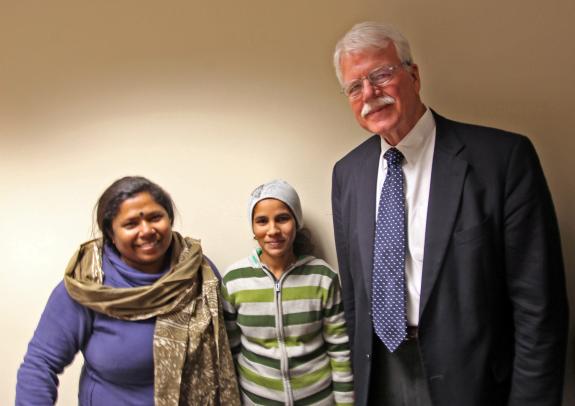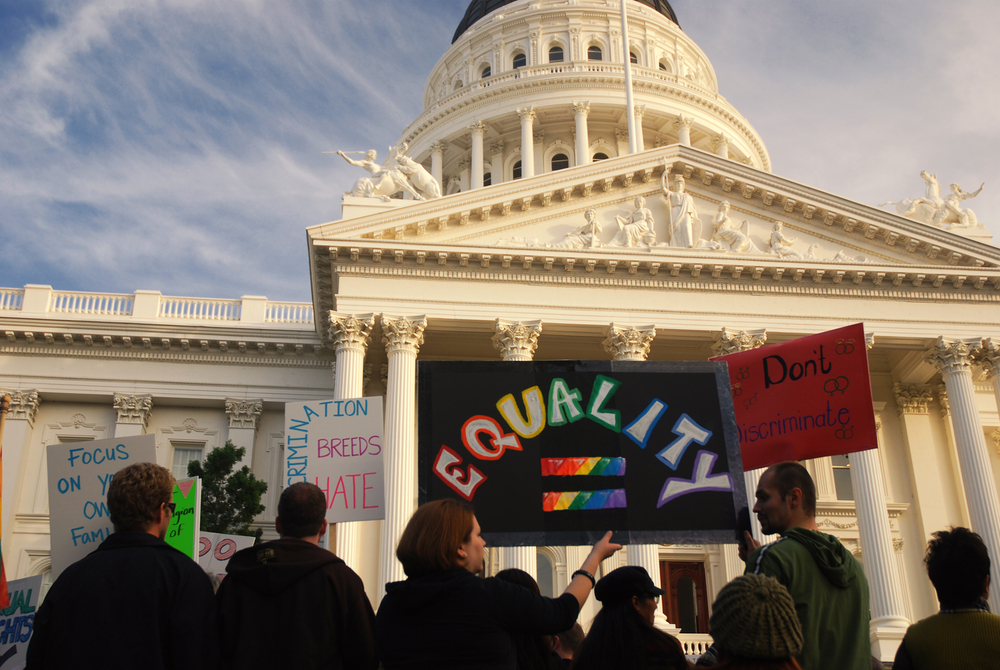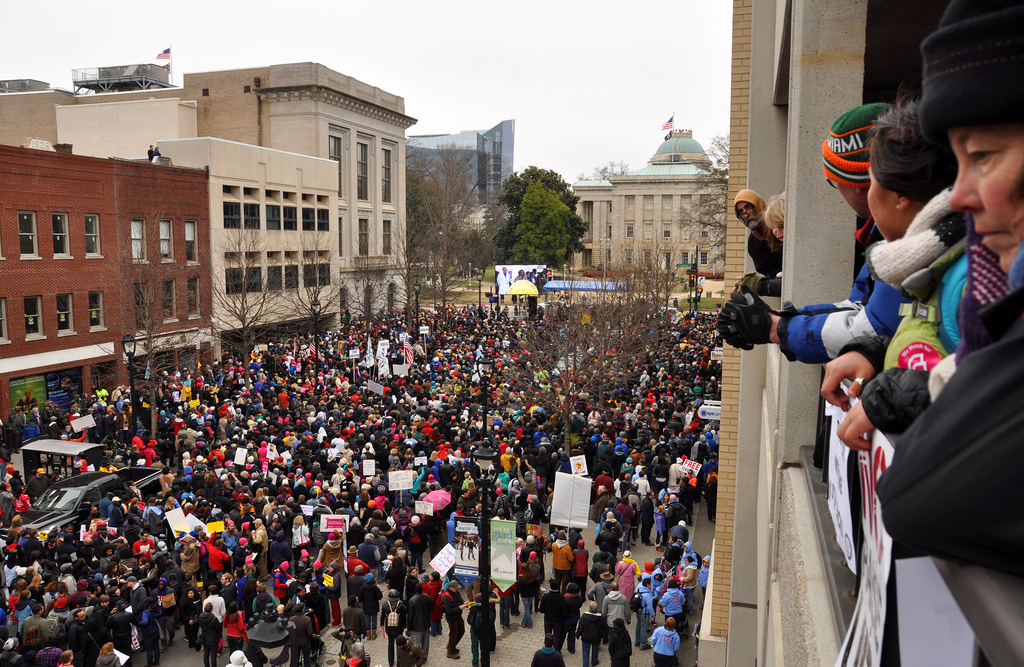Stating yesterday that Arizona “Senate Bill 1062 does not address a specific and present concern related to religious liberty in Arizona,” Governor Jan Brewer (R) vetoed the bill, which would have allowed Arizona businesses to refuse services to individuals based on religious objections.

The bill was strongly opposed by LGBT groups who have seen businesses in other states – such as florists, photographers, and bakers – refuse to provide services to same-sex couples. Members of the Arizona business community also opposed the bill, as did politicians on both sides.
“With today’s veto, Governor Brewer spared her state from institutional discrimination and economic catastrophe. Make no mistake, there is no better way to doom jobs in a state than by signing license-to-discriminate bills,” said Chad Griffin, president of the Human Rights Campaign, which delivered 65,000 petition signatures urging Governor Brewer to veto the bill. “The bipartisan outpouring of opposition to this bill is all the proof you need that this country isn’t turning backwards. Governor Brewer did the right thing in stopping this assault on businesses and the LGBT community and we call on her and the legislature–and governors and legislators in other states–to resist any attempt to give license to discrimination.”
The State of Arizona began losing money shortly after the bill passed in the state legislature. The Hispanic National Bar Association announced that it would no longer hold its annual convention in Arizona in 2015 over concerns about the law. Other economic opportunities for the state were also threatened: the National Football League announced it would consider moving next year’s Super Bowl from Arizona to another state; the Arizona and Lodging and Tourism Association received hundreds of calls from tourists and business travelers intending to boycott travel to Arizona; and several major corporations, including Apple, American Airlines, and AT&T, Intel, and Verizon called for a veto after expressing significant concerns.
Even as the Arizona measure failed, the US Supreme Court is set to hear arguments March 25 from two for-profit companies that similarly seek to discriminate based on religious grounds. Hobby Lobby Stores and Conestoga Wood are challenging the birth control benefit in the Affordable Care Act (ACA), arguing that they should be allowed to refuse to provide insurance coverage for birth control because of religious objections.
“Religion should not be used as a cover for profit-making businesses to discriminate against women,” said Feminist Majority Foundation President Eleanor Smeal, “nor should women be held hostage to their boss’ personal religious beliefs.”
Tell the Supreme Court to let women, not bosses, make women’s personal decisions about birth control and health! Sign our petition, and then join us outside the Court on March 25 to make your voice heard.
Media Resources: New York Times 2/27/24; Politico 2/27/14; Human Rights Campaign 2/26/14; Bloomberg News 2/25/14; Feminist Majority Foundation Press Release 11/26/13






































